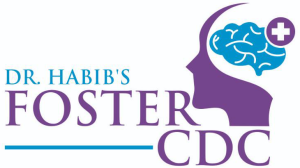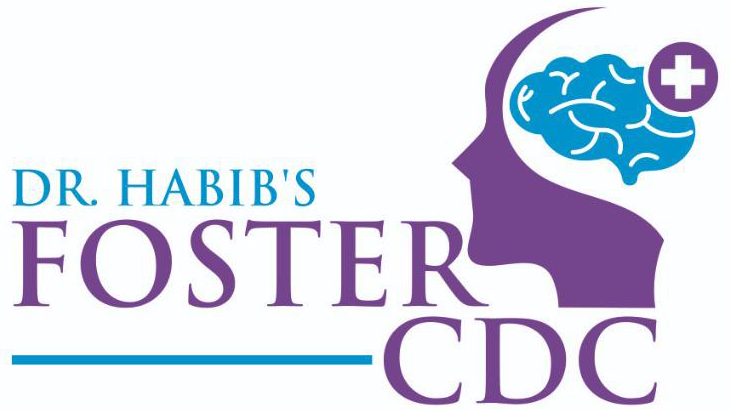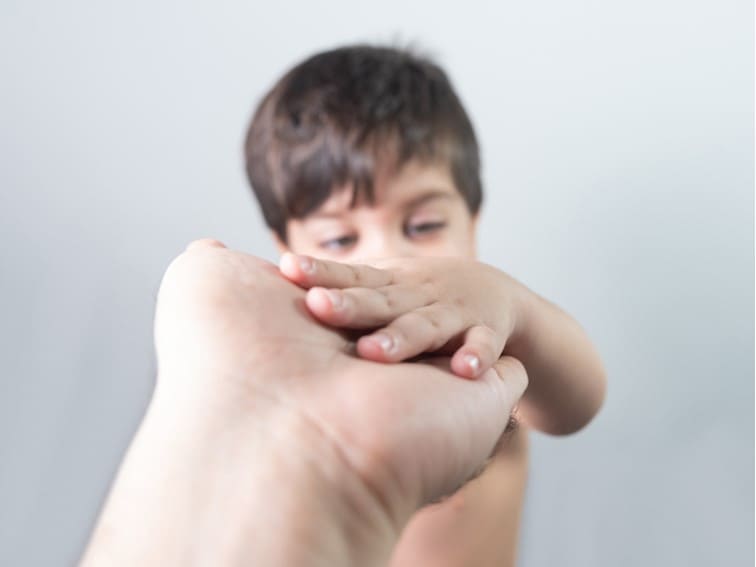Neuromuscular Disorders Symptoms and Effects
Neuromuscular disorders in children include both inherited and acquired neuropathies, congenital myopathies, Friedreich ataxia, myasthenia gravis, spinal muscle atrophy, spinal muscle dystrophy, and other muscular dystrophies [Duchenne Facioscapulohumeral dystrophy (FSHD)]
The most prominent symptom associated with most neuromuscular disorders is muscle weakness that becomes worse as the child grows. Though muscular weakness is obvious at birth with some disorders, others may need a comprehensive physical examination and thorough testing to identify the cause.
Neuromuscular Disorders Symptoms in Children
Muscles become weak, lose strength, and cannot work properly when they don’t receive signals from the nerves. When this happens a wide range of symptoms manifest.
Neuromuscular disorders are a broad spectrum of disorders and syndromes – and therefore, symptoms associated with these disorders vary a great deal. Therefore, children may or may not have many or all of these symptoms. However, typical symptoms of neuromuscular disorders may include:
- Muscle atrophy (muscle loss)
- Muscle twitches, cramps, or pain
- Muscle weakness or fatigue
- Numbness or general weakness
- Delayed development
- Chewing or swallowing difficulties
- Paralysis
- Trouble breathing
- Weakened heart muscles
- Burning or stinging nerve pain
- Skin rash
- Painful or numb feet
- Double vision
- Droopy eyelids
- Delayed development
Neuromuscular Disorders Causes
A defective gene is often a cause of neuromuscular disorder in children and adults. The gene can be missing, duplicated, or defective. In a majority of cases, neuromuscular disorders are present at birth. Some conditions and disorders are very rare and therefore, difficult to diagnose. In many cases, neuromuscular disorders go undiagnosed for several years owing to symptoms manifesting late.
One or both parents may carry defective genes. They pass these genes to their children. They are known as carriers. Carriers don’t show the effects of the defective genes and therefore, they are unaware of the problem until one of their children is diagnosed. Some children can be affected others won’t.
Diagnosis of Neuromuscular disorders
There are some biological indicators – such as certain proteins and chemicals in the blood that indicate neurogenetic and neuromuscular disorders. Advances in molecular genetics allow experts to check these substances. Blood samples are sent to the laboratory to explore for specific genetic changes that will help in detecting the genetic disorders responsible for causing neuromuscular disorders.
Pediatric genetic counseling and tests: Genetic abnormalities and chromosomal changes that lead to neuromuscular disorders can be detected through genetic testing. A suspected child’s DNA is studied and tested. A genetic counselor explains these results to parents.
Electromyography (EMG): This test is conducted to check or look for abnormalities in the electrical activity of the muscles and to detect altered nerve-to-muscle signals.
Doctors perform nerve conduction study tests along with EMG to check the function of the sensory and motor nerves.
Muscle biopsy
An expert takes a very small piece of muscle or nerve fiber from the child’s body and sends it to the laboratory for observation under a microscope. The procedure is known as muscle biopsy. The structure and makeup of the muscle cells can help make an accurate diagnosis of the underlying cause.
The testing technique needed can rely upon your child’s symptoms, age, and muscles affected, thus speak along with your child’s neurologist to make a decision on the next steps.
Neuromuscular Disorders Treatment
At Dr. Habib’s Foster CDC, an experienced and expert team of a pediatric neurologist, child psychologists, physical medicine and rehabilitation specialist, occupational therapist, physical therapist, and experts in genetics work as a multidisciplinary team to treat muscular disorders.
Dr. Habib’s Foster CDC is a multidisciplinary Neuro Clinic for Children. It comprises the following specialists and divisions:
- Pediatric Neurology
- Pediatric Psychology
- Occupational and Physical Therapy
- Neuro Rehabilitation
- Autism Centre
Foster CDC provides diagnostic assessment, treatment and therapy recommendations, and genetic counseling for pediatric patients with (suspected or confirmed) neuromuscular conditions.



